COLORADO SPRINGS, Colo. — Despite sharp differences with the Trump administration, several Democratic governors chose collaboration over confrontation during the National Governors Association (NGA) summer meeting, even as others protested by staying away.
While some Democrats like Minnesota Gov. Tim Walz and Kansas Gov. Laura Kelly boycotted the summit entirely — citing frustration with the NGA’s passive stance toward Trump — those who attended, including Maryland Gov. Wes Moore and Hawaii Gov. Josh Green, sought productive dialogue with administration officials.
Rather than challenge Education Secretary Linda McMahon over her plan to dissolve the Department of Education, Democratic governors thanked her for releasing previously withheld federal education funds. They engaged her on student mental health, early childhood education, and AI, hoping to build bipartisan consensus on shared priorities.
Similarly, Health Secretary Robert F. Kennedy Jr., often criticized by Democrats for his vaccine skepticism, met privately with Democratic leaders and emphasized he wasn’t seeking budget cuts to the Department of Health and Human Services.
These efforts highlight the difficult balancing act Democratic governors now face: staying true to their base’s calls for resistance while also ensuring their states benefit from federal cooperation.
“The promise I made to the people of Maryland… was that I will work with anyone, but I will bow down to no one,” said Gov. Wes Moore, recently elected vice chair of the NGA. He called his first face-to-face conversations with Kennedy and McMahon “a real benefit.”
Still, tension simmered beneath the surface. Govs. Walz and Kelly declined to renew their NGA memberships, criticizing the group for not forcefully defending states’ rights amid Trump’s threats to Democratic-led states, such as deploying federal forces without consent or freezing vital program funds.
“If we can’t agree on standing up for states’ rights, we’re passively endorsing what the president is doing,” a source close to their thinking said.
Gov. Josh Green, a physician and vocal critic of Kennedy’s vaccine views, said he had an hour-long, “valuable” private meeting with the health secretary. While acknowledging “deep ideological differences,” Green said the relationship helped him advocate for vulnerable populations and access to the newly approved $50 billion rural hospital fund.
“We can’t just walk away,” Green said. “Even though I’ll keep pushing back… I will also be able to take some advantage of the relationships.”
Gov. Jared Polis of Colorado, the outgoing NGA chair, said the decision to invite Kennedy and McMahon was deliberate, based on governors’ priorities around education and healthcare.
“These times call for the kind of bipartisan work of the NGA more than ever,” Polis said. “The American people want progress… that only comes when the politicians stop fighting over their party labels.”
Still, divisions remained clear. New Jersey Gov. Phil Murphy criticized Trump’s signature tax-and-spending bill for cutting Medicaid and food assistance. Democratic governors also condemned Republican efforts in Texas to redraw congressional maps ahead of the 2026 midterms.
Despite such clashes, NGA spokesperson Eric Wohlschlegel defended the group’s bipartisan approach:
“It’s critical in a political climate where so many issues become zero-sum fights. NGA provides something increasingly rare: a forum for real, results-driven, bipartisan problem-solving.”
Even Green, despite his criticisms, saw value in staying engaged:
“It really depends on your tolerance to navigate these differences,” he said. “There are tough moments, for sure.”
This article has been carefully fact-checked by our editorial team to ensure accuracy and eliminate any misleading information. We are committed to maintaining the highest standards of integrity in our content.

Katie is a senior who has been on staff for three years. Her favorite type of stories to write is reviews and features. Katie’s favorite ice cream flavor is strawberry.

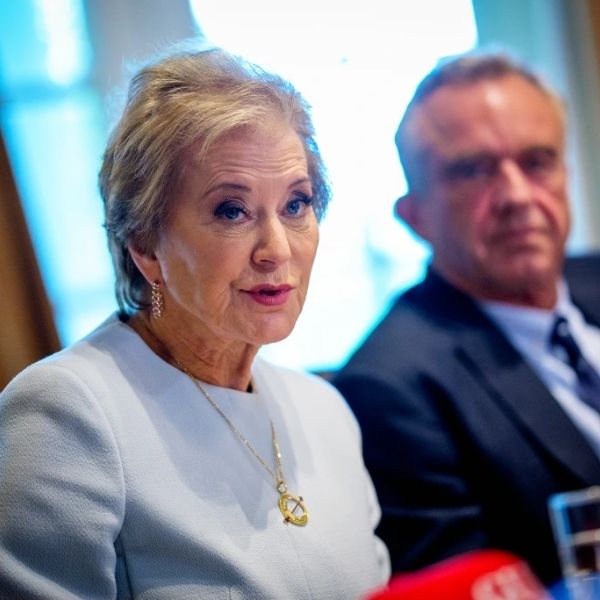
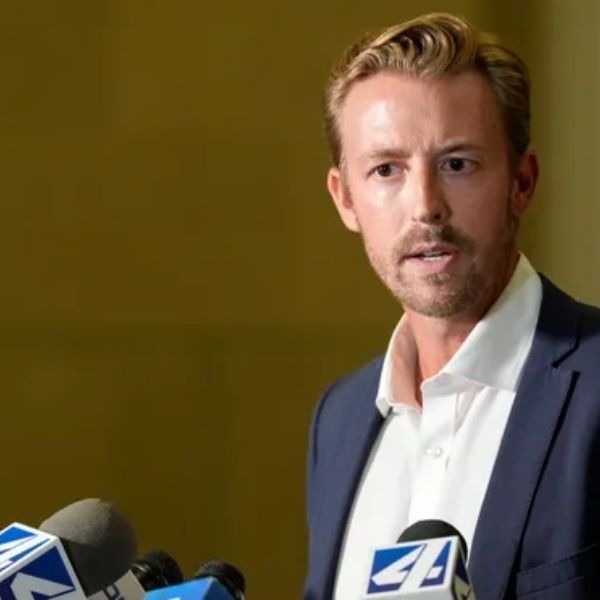
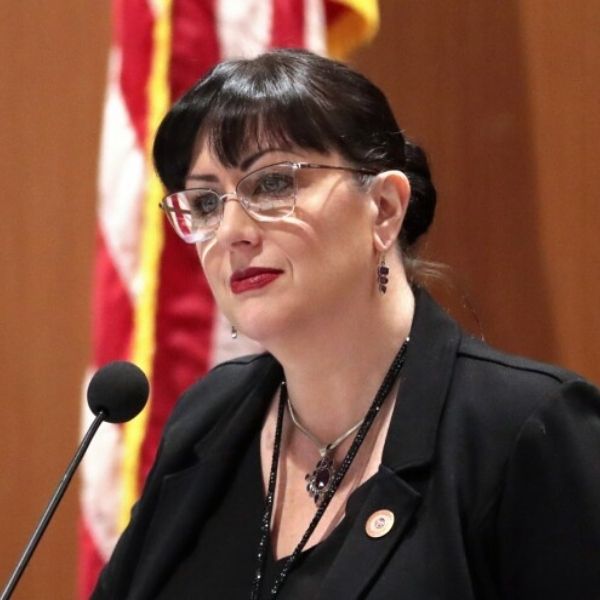

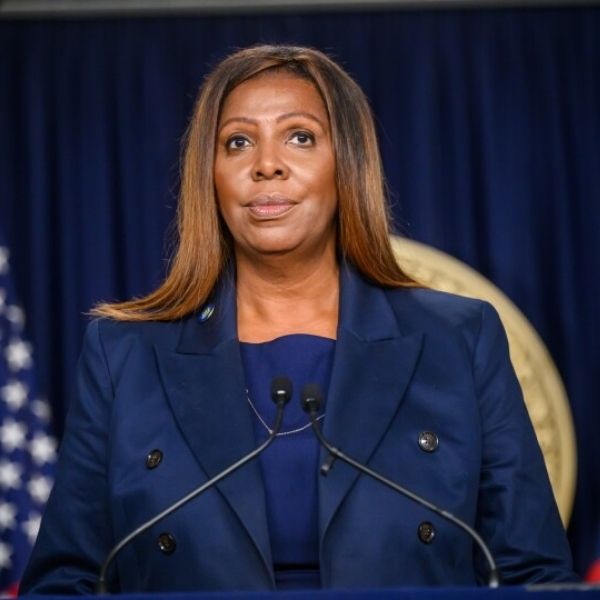
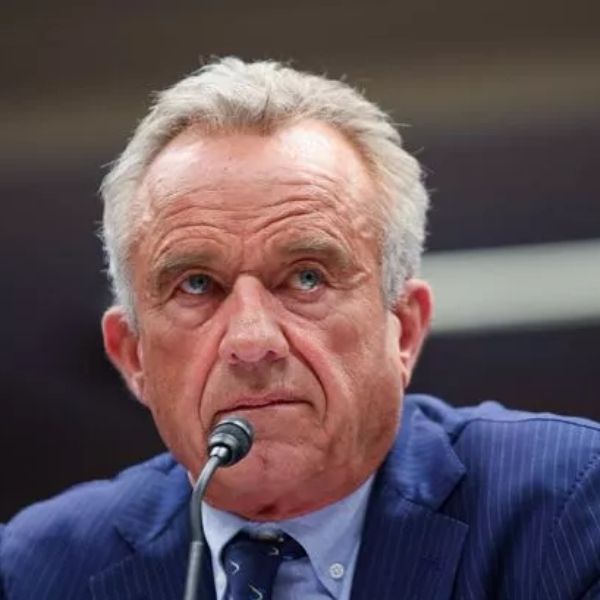
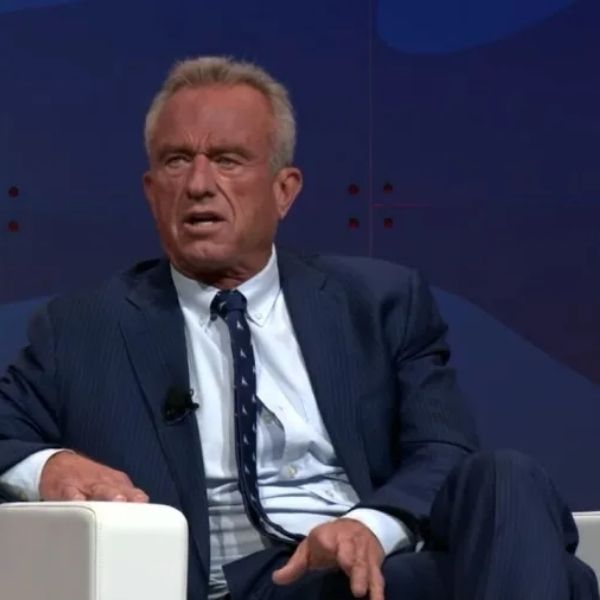


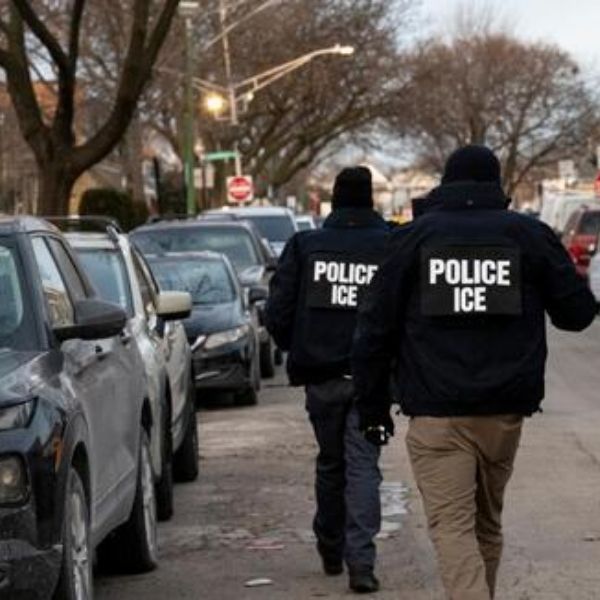
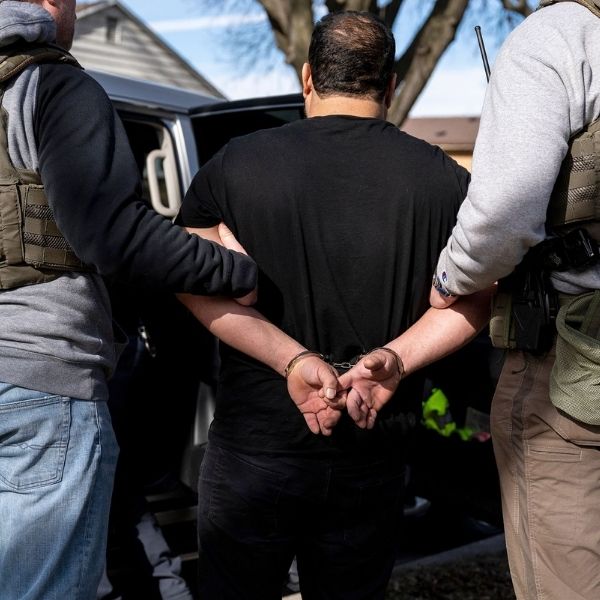



Leave a Reply